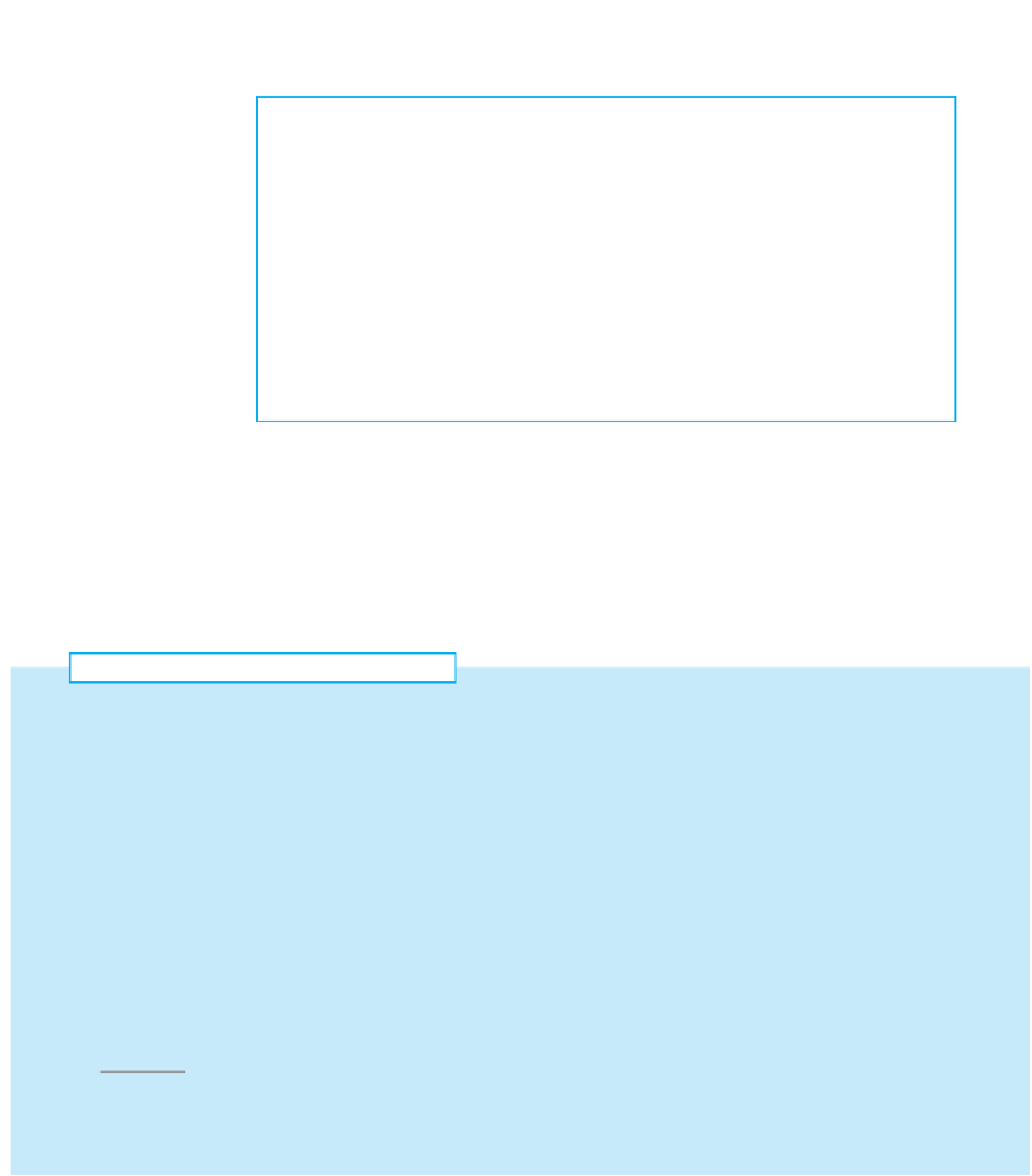Java Reference
In-Depth Information
Notice that the two files have about the same number of unique words and that
about half of the unique words appear in both files. Here is a second execution that
compares the text of Herman Melville's
Moby-Dick
to the text of
Hamlet:
This program compares two text files
and reports the number of words in
common and the percent overlap.
file #1 name?
moby.txt
file #2 name?
hamlet.txt
file #1 words = 17305
file #2 words = 4874
common words = 3079
% of file 1 in overlap = 17.792545507078877
% of file 2 in overlap = 63.17193270414444
In this case, it is obvious that
Moby-Dick
has a much larger vocabulary. As a
result, only a small fraction of the words from
Moby-Dick
appear in
Hamlet
but a
large proportion of the words from
Hamlet
appear in
Moby-Dick.
It is well known
that Melville admired Shakespeare, so it is not surprising that his novel has a high
overlap with one of Shakespeare's plays.
As we mentioned in Chapter 6, you can obtain classic texts like these from the
Project Gutenberg web site at
http://www.gutenberg.org.
Chapter Summary
The
ArrayList
class in Java's
java.util
package rep-
resents a growable list of objects implemented using an
array. You can use an
ArrayList
to store objects in a
sequential order. Each element has a zero-based index.
ArrayList
s can be searched using methods named
contains
,
indexOf
, and
lastIndexOf
.
Java's for-each loop can be used to examine each element
of an
ArrayList
. The list cannot be modified during the
execution of the for-each loop.
ArrayList
is a generic class. A generic class accepts a
data type as a parameter when it is created, like
ArrayList<String>
.
When you are storing primitive values such as
int
s or
double
s into an
ArrayList
, you must declare the list with
special wrapper types such as
Integer
and
Double
.
An
ArrayList
maintains its own size for you; elements
can be added to or removed from any position up to the
size of the list. Other
ArrayList
operations include
get
,
set
,
clear
, and
toString
.
The
Comparable
interface defines a natural ordering for
the objects of a class. Objects that implement
Comparable
can be placed into an
ArrayList
and






Search WWH ::

Custom Search